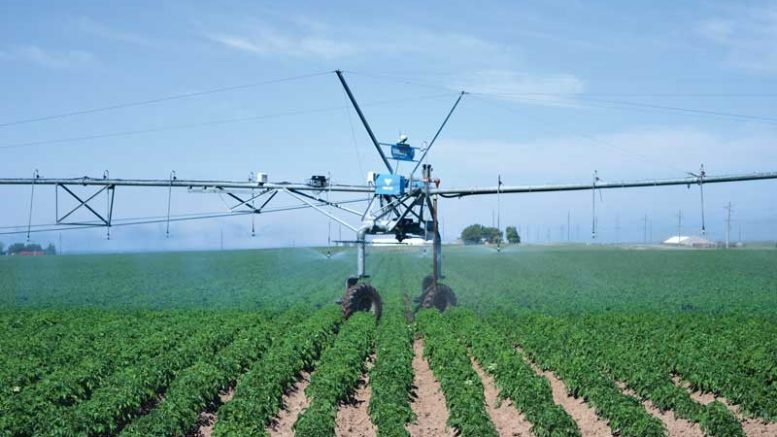|
Click to listen to this article
|
2023 was the warmest year on record across the globe, according to the National Oceanic and Atmospheric Administration. Since 1850, the 10 warmest years have occurred in the past decade. Climate scientists have pointed to this trend as the root of more frequent and severe weather events.
For growers and producers of agricultural commodities, these climate challenges pose a variety of threats. From the extremes of flooding and drought to new pests and diseases, the environmental conditions farmers contend with are increasingly difficult to manage.
In Michigan, agricultural industries are dealing with both short- and long-term issues, but most funding has been provided to address urgent needs.
But a new partnership among the plant coalition (Michigan plant agriculture organizations), the Michigan Department of Agriculture and Rural Development (MDARD), and Michigan State University is aimed at helping Michigan plant agriculture mitigate and adapt to climate change, while promoting environmental sustainability and the protection and efficient use of the state’s water resources.
The Agricultural Climate Resiliency Program — which operates through MSU AgBioResearch and MSU Extension — was established in 2024 through the MDARD budget with $1 million in recurring funds to support faculty and Extension positions. A one-time investment of $5 million will go toward a competitive grants program, in which MSU researchers and Extension specialists can apply for three-year grants of up to $1.25 million.


